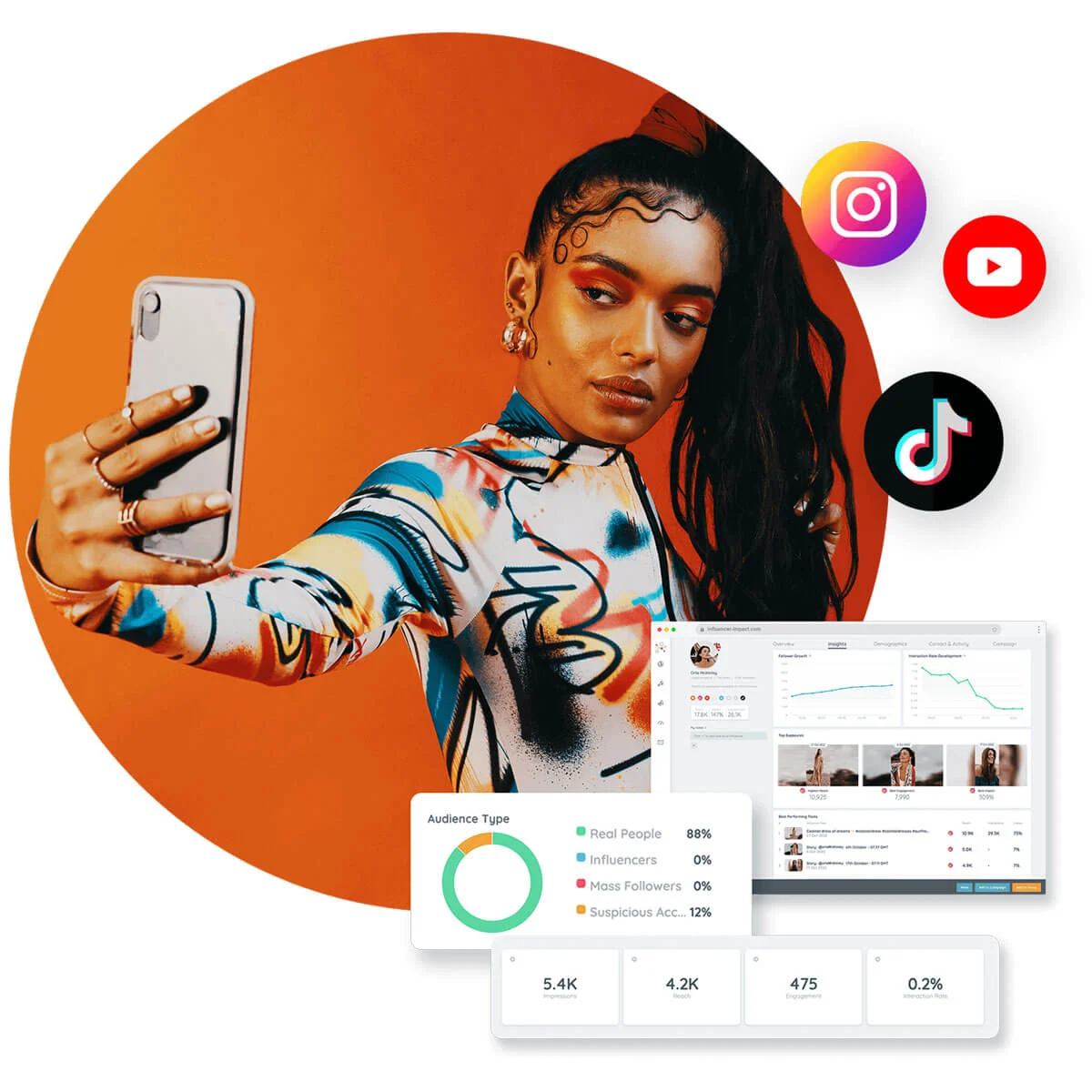Influencer marketing can be dated as far back as the early 90s and 2000s where TV commercials showcased a variety of personalities who were either actors, musicians, and top-notch TV personalities.
They were contracted to use their strength and audience reach to influence people towards a particular product or service. This progressed and with the fast-paced technology, and strengthened the concept of influencer marketing in today’s society.
Note that influencer marketing somewhat embodies components of a winning marketing strategy.
What is Influencer Marketing?
Influencer marketing is a form of marketing that leverages the influence and reach of individuals who have a significant following on social media platforms or other online channels. These individuals, known as “influencers,” have built a dedicated and engaged audience around a particular niche, topic, or area of interest.
The key concept behind influencer marketing is to tap into the influencer’s credibility, authority, and rapport with their audience to promote or endorse products, services, brands, or campaigns. By doing so, companies can effectively target and engage their desired demographic, as the influencer’s followers are likely to trust their recommendations and opinions.
Influencer marketing typically involves the processes of identifying influencers with high reach and impressions, establishing partnerships, campaign creation, promoting content, reaching the target audience and measuring successes.
Why do Brands Practice Influencer Marketing?
92% of marketers believe that influencer marketing is an effective form of marketing. This is because influencer marketing has become increasingly popular in recent years due to the widespread use of social media and the rise of online content creators. Also, it is viewed as an effective way for businesses to build brand awareness, gain credibility, and connect with their target customers in an authentic and relatable manner.
Brands practice influencer marketing for several reasons. Here are some of the key motivations behind their adoption of influencer marketing strategies:
Increased brand awareness:
Influencer marketing allows brands to tap into the large and engaged audience of influencers. By collaborating with influencers who have a relevant following, brands can quickly increase their exposure and reach, making more people aware of their products or services.
Targeted audience:
Influencers often have a specific niche or demographic that follows them closely. Brands can leverage this targeted audience to ensure that their marketing messages reach the right people who are more likely to be interested in their offerings. This precision targeting can lead to higher conversion rates and more efficient use of marketing resources.
Credibility and trust:
Influencers have built trust and credibility with their followers over time. When an influencer promotes or endorses a brand or product, it can have a significant impact on their followers’ perception and trust in that brand. The association with a trusted influencer can help enhance the brand’s reputation and credibility among consumers.
Authenticity and relatability:
Influencers often have a close and authentic connection with their followers. Their content is relatable and resonates with their audience, making the influencer’s recommendations or endorsements feel more genuine. By working with influencers, brands can tap into this authenticity, which can foster a stronger connection and engagement with their target customers.
Influencer expertise:
Influencers are often considered experts or thought leaders in their respective niches. Brands can leverage the expertise and knowledge of influencers to educate their audience about their products or services. Influencers can provide valuable insights, reviews, or demonstrations, which can help consumers make informed purchasing decisions.
Content creation:
Influencers are skilled content creators, and partnering with them can provide brands with high-quality and engaging content. This content can be repurposed across various marketing channels, including social media, websites, and advertisements, extending its reach and impact.
Social proof and user-generated content:
Influencer marketing can generate user-generated content (UGC) when influencers and their followers share their experiences with a brand’s products or services. UGC serves as social proof and can influence the purchasing decisions of other consumers. It also provides brands with authentic content that showcases real-life product usage and positive experiences.
Conclusion
Overall, influencer marketing offers brands an opportunity to leverage the popularity, reach, and authenticity of influencers to connect with their target audience in a more personal and engaging way. It can help increase brand awareness, and credibility, and drive conversions by tapping into the influencers’ influence and rapport with their followers.



